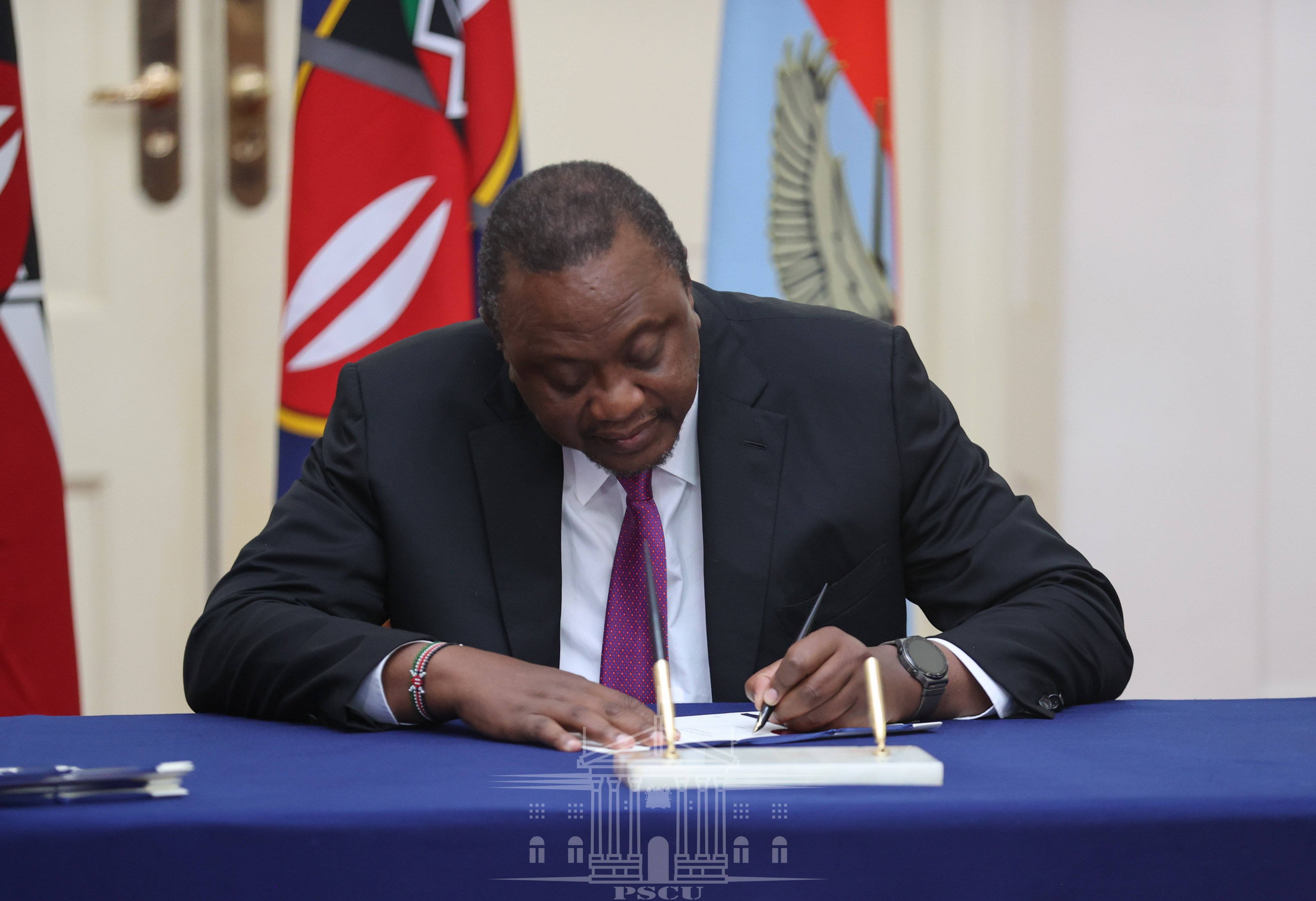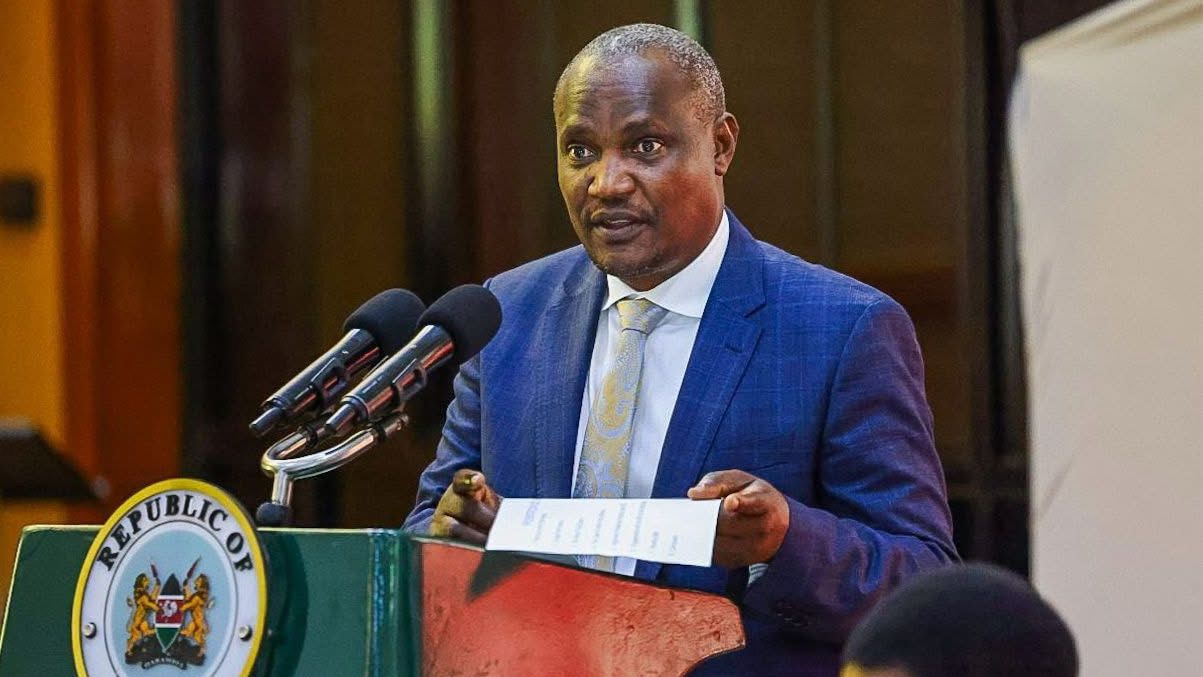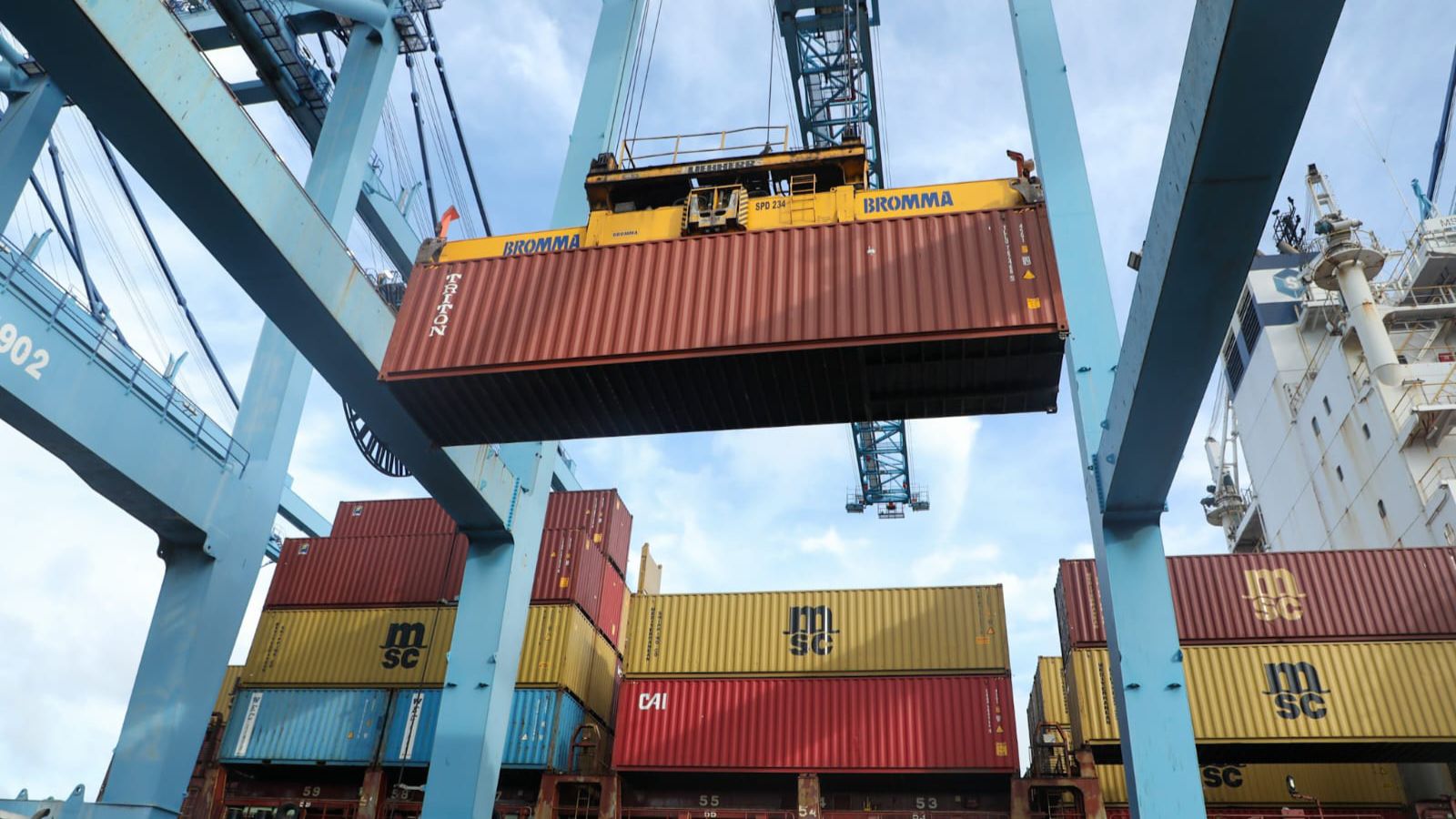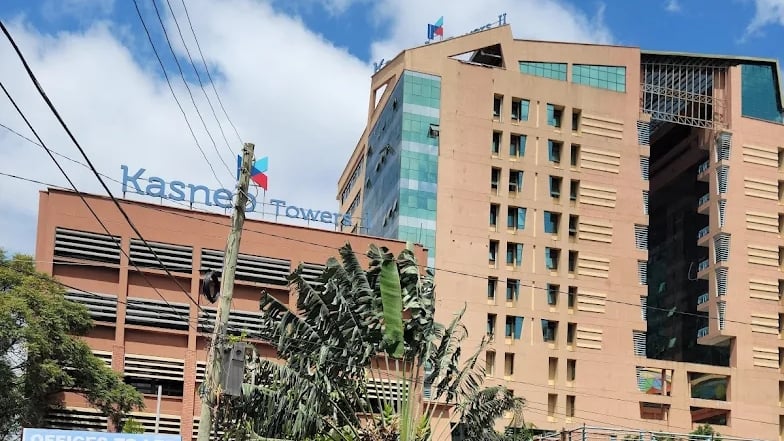President Uhuru Kenyatta on Tuesday, June 21, refused to sign the controversial ICT bill.
The ICT bill which was passed in parliament attracted backlash from Kenyans.
"President Kenyatta declined three parliamentary bills among them the Information Communication Technology Practitioners Bill; Insurance Professionals Registration Bill of 2020; and Higher Education Loans Bill of 2020, all sent back to Parliament with memoranda," State House said in a statement to newsrooms.
The controversial bill required professionals in the sector to have a degree to practise and sought to establish an ICT Institute to register and license all ICT practitioners.
However, Kenyans argued that the bill introduced barriers to the field and layers of costly bureaucracy for freelance ICT practitioners.
Read More

At the same time, Kenyatta signed into law ten (10) parliamentary bills among them the 2022 Appropriation Bill, Supplementary Appropriation Bill, and Finance Bill.
Others were the 2021 Radiographers Bill; National Electronic Single Window Bill; Traffic (Amendment) Bill; National Government Development Fund (Amendment) Bill; Supreme Court (Amendment) Bill of 2022; County Allocation of Revenue Bill; and Mental Health Bill.
The second Supplementary Appropriation Bill of 2022 makes available a total of Kshs 88,822,649,842 for Government expenditure on public services among them the fuel stabilization fund which has been allocated Kshs 49,292,440,866.
Other uses of the funds include drought mitigation interventions such as provision of relief food; the national fertilizer subsidy programme; settlement of ongoing road construction bills which has been allocated Kshs 26.7 billion; and social protection and safety net measures assigned Kshs 1.5 billion.
The Teachers Service Commission has been allocated Kshs 2.1 billion for salaries and related recurrent expenses while Kshs 1.37 billion has been earmarked for ongoing improvement of primary school infrastructure.





-1771737995.png)




-1772458092.jpg)
-1772456632.png)